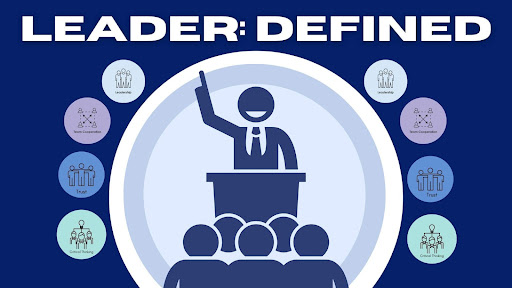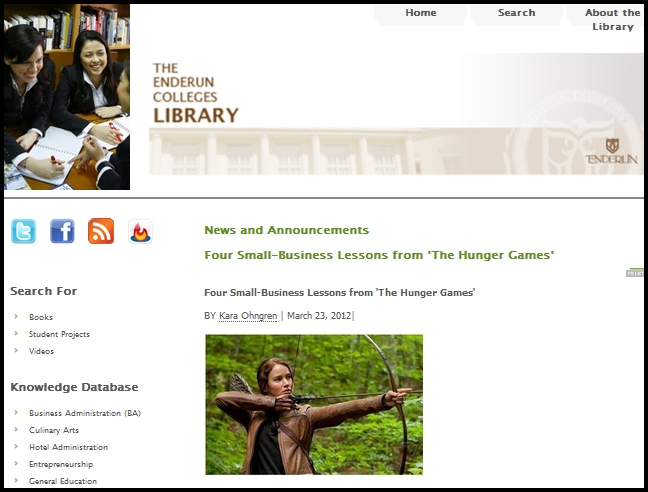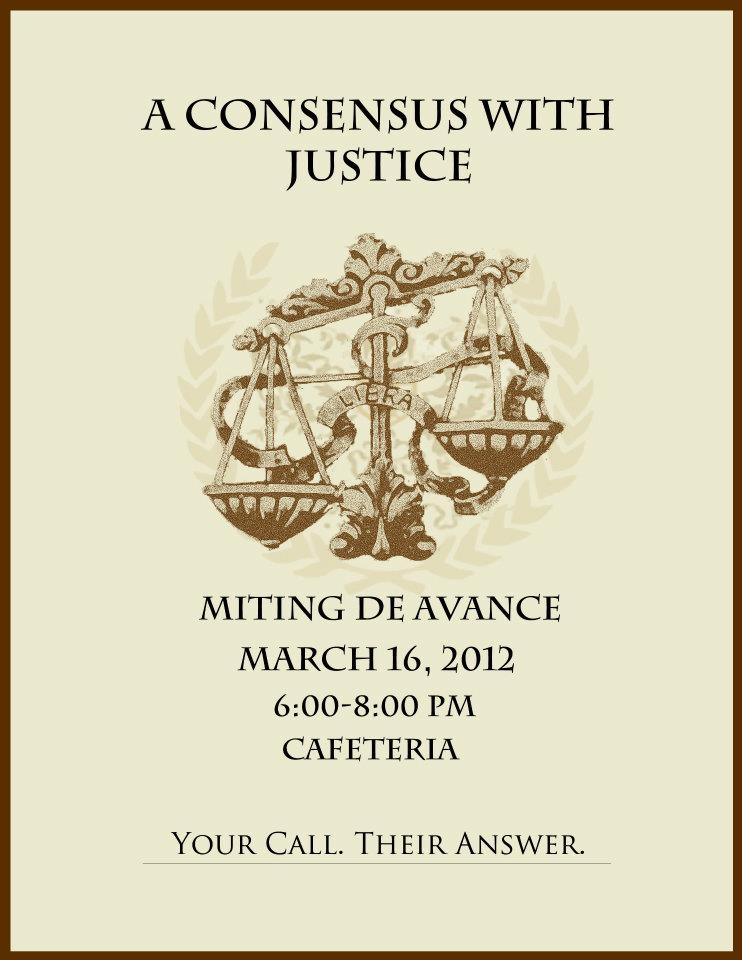Leader: Defined

There are many obstacles that we will face as we walk through the thorns and thickets of this path we call “young adulthood.” In this path, a single, distinct problem will arise which may not immediately come to our senses. For everyone, regardless if they may be at the dusk or dawn of their collegiate lives, we will all b v soon find ourselves in a situation where we have to choose to be one of two people: a leader, or someone who refuses to be a leader.
In the words of Jim Bouchard (international speaker, author, and leadership activist), “It all centers on how we define the words ‘leader’ and ‘leadership’.” So, when we encounter this existential crossroads where we must choose if we are ready to be in a position of responsibility, we must ensure that we understand what we are becoming – we must first know what it means to be a leader. Otherwise, if we fail to be a leader, the integrity of everything and everyone that has our back could come crumbling down in a burning heap of failure. No pressure, though.
Thus, how would we define “leaders”? What traits do leaders have? How do we know if we’ve become successful leaders? And what challenges do leaders face? It’s only appropriate that we have a mountain of questions in our hands ready to be asked about such a thing. Firstly, it turns out that Enderun students themselves have a variety of definitions. When asked, one student said that “A leader is someone who sets a good example…someone who [people] can trust to lead them to their unified goal.” Another says that leaders “motivate the group to finish the task…”, and a third says that leaders should be “able to foster teamwork and urgency among their members. Someone who’s willing to go out of their way to be as understanding as possible to what their members are going through…”.
From the words of these Titans, it’s clear that Enderun students already have their own, different understandings of how a leader should be. They’ve already thought about the attributes of a leader, like being trustworthy, inspiring, or empathetic; as well as the behaviors of leaders, like setting an example for people around them and being a cultivator of cooperation. Nevertheless, these are just mere definitions or descriptions based on our perspectives.
How can we put the thoughts of the students to the test to see how relevant they are? By interviewing up-and-coming young leaders and getting insights into their lives and experiences at the forefront of youth-led community service – Rotaract. Rotaract has been incubating the formation of young leaders like us since its foundation in 1968. Though keeping the essence of its origins in community service, Rotaract is unique in its placement of young people as the main proponents for its endeavor to make the world a better place. It provides a platform for aspiring leaders to develop themselves professionally and emotionally. By gaining insights from people who have strived and prospered within this specialized system, not only can we learn from their experiences, but also become inspired by their successes.
Enter: Rieko Marie Diaz, a fourth-year Bachelor of Science in Accountancy student and the current President of the Rotaract Club of Cebu Fuente – University of San Carlos. She joined the Rotaract organization as an aspirant when her early years in the organization were filled with uncertainty. Inactivity, as well as a lack of familiar faces, led her to contemplate leaving the club, but one thing happened that revived her initiative: she was appointed as the assistant public relations officer in her third year. In her own words, she spoke about how the decision went, “I took the opportunity, and that led to the opening of so many more worthwhile experiences in the club and I can say that it was one of the risks I am grateful I took.” Not only was she able to realize her knack for leadership through this, but she also realized how the opportunity helped her grow as a person. “Accepting the leadership made me learn how to slowly come out of my comfort zone…it made me more emotionally strong and helped me from my current attitude today about responsibilities and work.”
With an opportunity that almost seemed to be heaven-sent, Diaz eventually carried on her journey through Rotaract. The experiences and insights she learned, even if her first experience as a leader was not immediately the most major position, they certainly helped her to face the challenges that came when she eventually did acquire that paramount role. Some of the biggest challenges she spoke of when becoming president were about low self-esteem, pressure, and the expectations put on her as the new leader of a club that won the recognition of the most outstanding school-based Rotaract club in their district five years in a row. Addressing such influence, she said, “…there was that precondition that I needed to do my best considering my predecessors who were set up with very high standards.” It was a tumultuous experience filled with stress and anxiety, but Diaz also spoke about the turning point where she found the strength to carry on. “The turning point was when my executive secretary confronted me because it seemed like I was tackling everything by myself…and that actually slapped me on my face because I don’t usually ask for help from people. I was actually very thankful for that moment because that was when I started to get better. It was when I started to overcome my low self-esteem that I started to delegate and reach out to [my] officers.”
This skill of delegation that she developed from that point served to help not only her but also the people she worked alongside with. “Personally, I’m kind of a softie type of person, although a tough love kind of leadership is also needed because you need to be assertive as a leader, but I also like to incorporate my soft side by talking to [my team] and asking how they are because it creates a kind of bond with them…”.
Arriving at the present, we find Diaz as a young, ambitious leader, who became hardened through facing adversities in her Rotaract journey. Her story tells us about the humanity of leaders. It tells us that leaders do not make themselves, but are created through the successful collaboration with those they work with. It also shows the strength of having experienced struggle, because with struggle, comes the knowledge of how to rise from it. As she carries on spreading the Rotary advocacy of ending polio, enacting community service projects around Cebu, and leading her club to the 6th consecutive year of being the most outstanding school-based club in her district, she leaves us with a message that needs to be heard by all aspiring leaders: “I can’t stress enough how important it is to have a resilient mind…you have to train your mind because it will help leaders to see the opportunities instead of the difficulties; the learning experiences instead of the failures. So, with the right mindset, it will help you to rise to the challenges and help you remain consistent.”
From a humble yet ambitious leader from the center of Cebu City’s metropolitan, we can also find a similar story in the peaceful yet prospering City of Iloilo. Enter: Floyd Susarno, a fourth-year law student at the University of San Agustin, the current President of the Rotaract Club of Iloilo South, and the Chairman for Club Service for all Rotaract clubs on the island of Panay. Despite only joining in 2020, Floyd had shown incomparable initiative, ambition, and capability to the point that he was appointed to the top role as president in just two years.
Although his stint as a regular member was short, he was still able to absorb many learnings and experiences that helped improve him both personally and professionally. “In terms of personal development, my “people-person” aspect was developed further in the sense that [our team] is diverse in terms of character and strengths and capabilities… so, my ability to be one with everyone else was developed in the sense that I had to know where I had to place myself and how to talk to [my team] in a way they could relate with me.” Indeed, interacting with a diverse group of people always ensures that we can see the perspectives of people of different backgrounds, which is important for a leader when they have to accommodate concerns, ideas, and comments from their group. However, it was not just Floyd’s fellow members that helped him develop his leadership skills, it was also his mentors. “At our organization, our seniors are mostly business people, and I got to be around them during certain activities…they are there to guide you in terms of how things should be done according to their experience. But at the same time, they are also not domineering, so that they are not overstepping.”
Just like President Diaz, by the time Floyd took up the banner as the President of the club, he had a sense of what his leadership should be like from his understanding of himself. “Beginning with the freshness of ideas and being up to date, you get to be dynamic and creative in making decisions… being young makes me driven to be heard, at the same time establish a mark for my fellow youth.” These strengths stem from the unique aspect that we the readers, as well as people like Floyd and Diaz, have in common – we are young. Sometimes, though, aspects of strength can be accompanied by weaknesses. One of the challenges Floyd faced as a leader is a struggle for recognition. “We were doing our best to make sure that [the older people] know we are actually doing something good for the community, and that whatever we are doing will leave a meaningful impact on these people…because the way I see it, some people will be asking at your age, what can you actually do to make those things [happen]?’, ‘how can you be sustainable?’, ‘can you actually make people believe that you are capable of doing these things?’…” For Floyd, he sees it as inevitable for people like him and his members to be questioned for his “inexperience”. So, to overcome this challenge, he resorted to pure perseverance in the face of this futility, appearing on every platform he could to ensure maximum exposure. But it wasn’t for awards or prestige, it was to make sure that people could see what his organization can do.
Almost like a prodigy, Floyd’s leadership exhibits profound initiative and passion for community service. His leadership revolves around embracing his group’s youth and turning it into a catalyst for ambition. Always the active inspirer, Floyd leaves a message for all aspiring leaders: “Take the leap of faith. Despite the situation right now, the second thoughts, the doubts you have in your head right now, when you are actually very passionate about what you want to achieve, especially if it’s for the good of others, just do it.”
What then, is the definition of a leader? Many people confuse leaders with managers due to the common idea of leading subordinates. But as we see in the experiences of Presidents Diaz and Floyd, we see that the nature of leaders and leadership is multifaceted and complex. A quote by Admiral Grace Hopper said it best: “Management is about things; leadership is about people.” Like Diaz, leaders should be empathetic, and flexible in their capabilities to be able to accommodate the different backgrounds of everyone they interact with, whether it be the people they work with or their beneficiaries. On the other side of things, leaders also have to be in touch with themselves. They need to be aware of their position amongst their group and how their actions influence others. This way, understanding one’s self can help in understanding the group as a whole. Ultimately though, the most profound realization is that true, quality leaders are not self-made diamonds in the rough. They are born from trials by fire and molded with the help of the people around them. Even though leaders represent the paragons of responsibility and inspiration, they are not perfect people and are often always learning new things to help develop themselves to be more effective in their abilities. Now with these newfound insights in our minds, we can surely be prepared for when we have to decide to be a leader.





